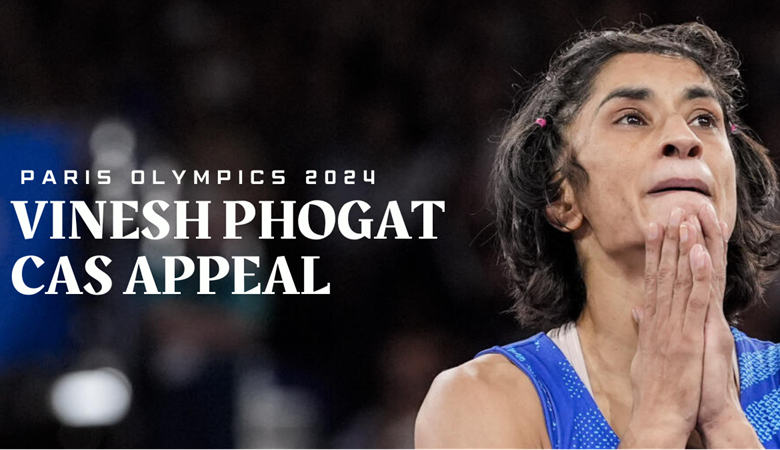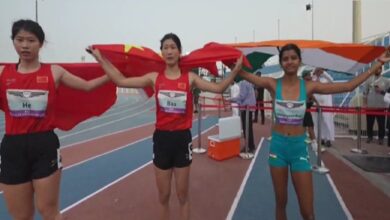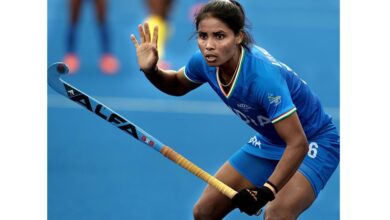Why Was Vinesh Phogat’s Silver Medal Appeal Denied: CAS Verdict Reveals Why She Missed Out

News Mania Desk/Agnibeena Ghosh/21th August 2024
The Court of Arbitration for Sports (CAS) has delivered a comprehensive judgment on Vinesh Phogat’s appeal regarding her disqualification from the Women’s 50kg freestyle wrestling final at the Paris Olympics 2024. In a decision released on Monday, CAS rejected Phogat’s request for a joint silver medal, stemming from her disqualification due to being slightly overweight.
The verdict highlights a strict adherence to weight limits that all athletes must meet, without room for exceptions. Phogat was found to be 100 grams over the weight limit during her mandatory second weigh-in before her gold medal bout against USA’s Sarah Hildebrandt. The CAS ruling emphasized that the weight limits are rigid and do not allow any flexibility, not even for the weight of the singlet. The court underscored that it is the athlete’s responsibility to ensure they are within the specified limits, stating, “The Rules are clear as to the weight limit and are the same for all participants.”
Phogat’s appeal argued that the slight excess was minimal and could be attributed to factors such as water retention, especially during the pre-menstrual phase. Despite these arguments, CAS maintained that the rules are unambiguous and do not accommodate minor deviations. The decision was grounded in the principle that all competitors must adhere strictly to the regulations without exception.
In response to the ruling, the Indian Olympic Association (IOA) has expressed strong support for Phogat and has vowed to pursue further legal avenues. IOA President PT Usha voiced her dismay at the CAS decision, criticizing the regulations as overly stringent and lacking consideration for the physiological and psychological challenges faced by athletes, particularly female ones. Usha called for a reassessment of standards to better account for athletes’ well-being, stating, “The matter involving Vinesh highlights the stringent and, arguably, inhumane regulations that fail to account for the physiological and psychological stresses athletes, particularly female athletes, undergo.”
The IOA remains committed to advocating for Phogat and ensuring her case is given a fair hearing. The organization is actively exploring additional legal options to challenge the CAS decision and uphold the rights and dignity of athletes. Usha’s comments reflect a broader concern about the fairness of current sports regulations and the need for more compassionate standards.
As Vinesh Phogat and the IOA consider their next steps, this case serves as a poignant reminder of the intense pressures and exacting standards in competitive sports. The decision has not only impacted Phogat but also sparked a broader discussion about the need for more flexible and understanding regulations in the realm of athletics.






